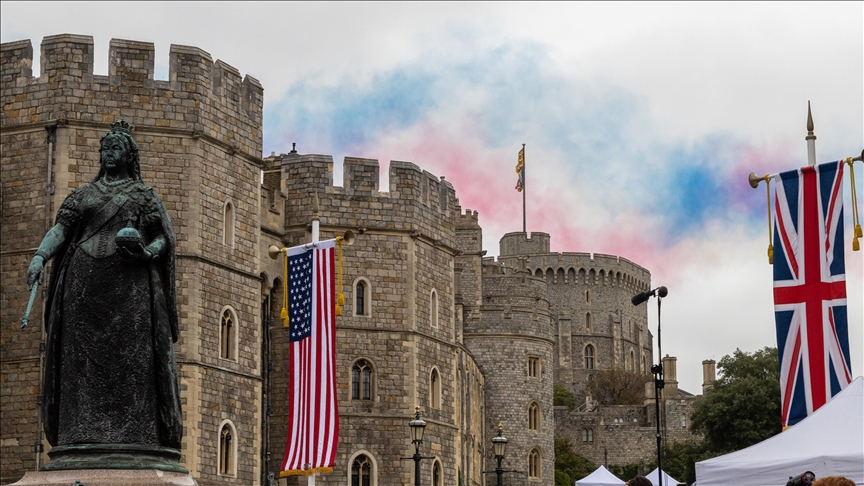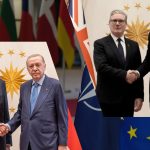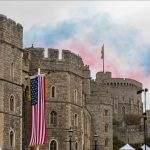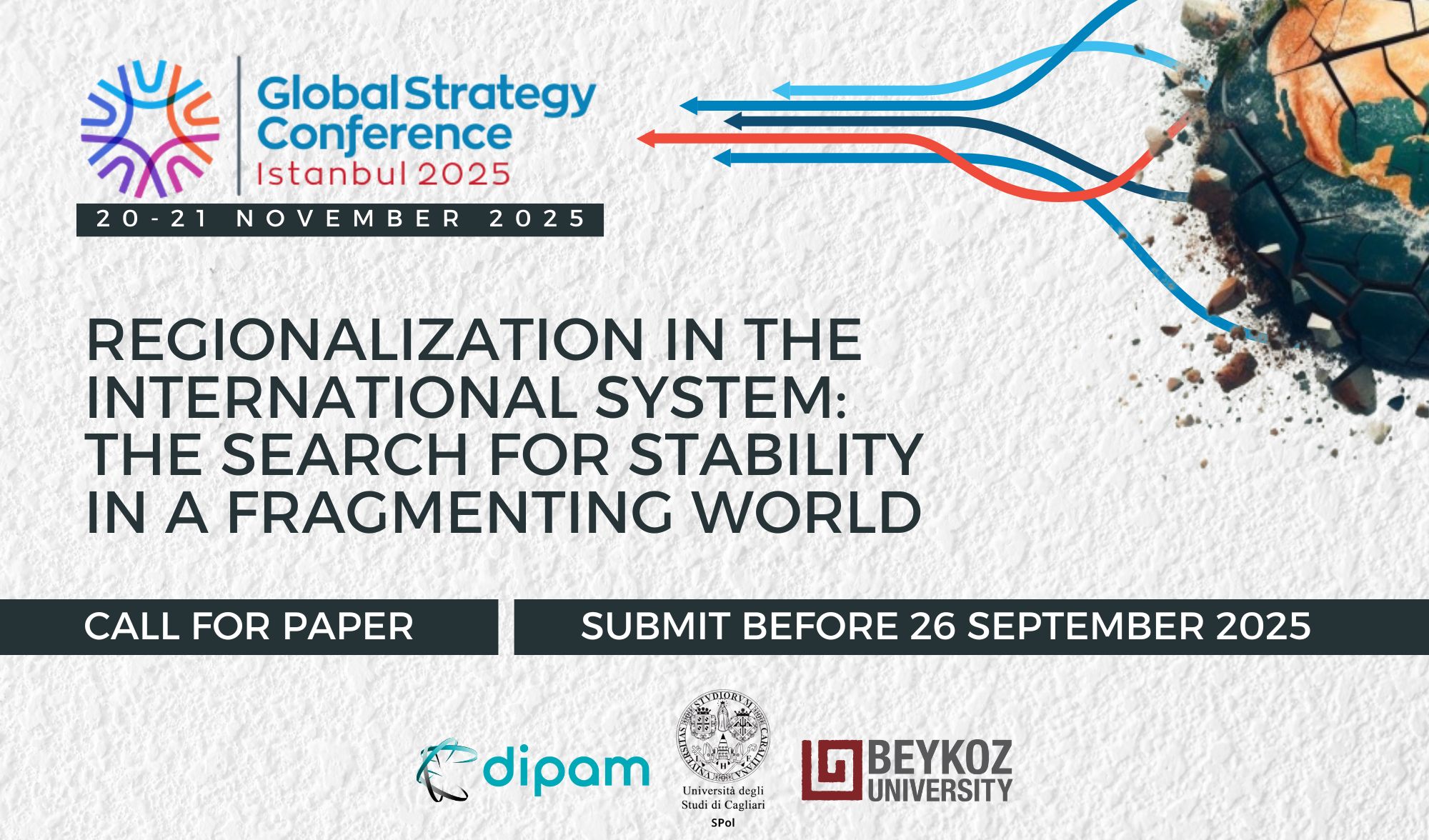U.S. President Donald Trump’s state visit to London this week opened a new chapter in both the bilateral relations between the two states and in transatlantic relations, from both a symbolic and strategic perspective. Royal ceremonies and grand diplomatic rituals became the media’s focal point. Yet behind this splendor lay a serious test of how to manage the increasingly complex relationship between Washington and London.
UK Prime Minister Keir Starmer, mindful of Trump’s admiration for monarchy, treated King Charles’s invitation as a carefully wielded diplomatic card. The British monarchy had previously assumed balancing roles in Trump’s policies. It was the King who embraced Ukrainian President Volodymyr Zelensky after the events at the White House in February, and again in May, who traveled to Canada to show solidarity under Trump’s pressure for its transformation into the “51st state.” These interventions were seen to temper Trump’s aggressive rhetoric and were described as “extraordinary” in the diplomatic circles of both states.
During the royal events, which reflected more of the pomp and ceremony of the visit, the King traditionally refrained from political rhetoric. Nevertheless, by emphasizing that the two states had fought together for generations to defend freedom and democracy, and by noting that in an environment where aggression was once again resurging in Europe and the Middle East both countries must fulfill their shared responsibilities, he articulated the British state’s approach. Trump, for his part, underscored closeness by invoking the kinship and identity bond between the two nations, stressing that they would always respond together to new challenges around the world, including in Ukraine and the Middle East.
A New Dimension of Technology and Trade
The most tangible outcome of the visit was the “Technology Prosperity Agreement.” A £150 billion investment package from U.S. technology companies is set to accelerate London’s pursuit of advancing its artificial intelligence infrastructure.
The British government, moving swiftly with a defined vision and operational principles in AI without the regulatory pressures of the EU, and with the ambition of setting a Western standard, appears to constitute a key balancing factor against rising Chinese technology. The U.S. desire to leverage this is understandable. Indeed, President Trump announced the agreement as a new technology accord that would help allies “establish dominance” in the world of artificial intelligence.
Furthermore, the Starmer government claims that the investments will provide employment for approximately 7,600 people, a piece of good news the Prime Minister had been awaiting to deliver to the domestic audience.
However, constructing the envisaged AI infrastructure will require the UK to increase its energy supply. In order to power the UK’s future AI data centers, the two countries found common ground on nuclear energy. This week, the U.S. and the UK also signed an agreement facilitating the construction of nuclear power plants in both states.
On the other hand, in the wake of the trade imbalance triggered by Trump’s global imposition of tariffs, the fact that the UK was among the first countries to reach an agreement with the U.S. is noteworthy. The modest deal maintains a 10% tariff on imports from the UK, but modestly increases access to agricultural products for both sides and lowers tariffs applied to British auto parts. The UK, in return, reduces its average tariffs on U.S. goods from 5.1% to 1.8%. Moreover, prior to Trump’s arrival, the UK had hoped that the U.S. would lift the 25% tariff imposed on steel exports. Yet those plans were shelved, leaving the UK’s steel industry on the brink of collapse. The disappointment on this issue, however, was not reflected in the meeting.
Transatlantic Relations and European Security
The U.S.–UK relationship, with its deep intelligence ties, strongly integrated militaries, and significant trade links, is too important to be overlooked. Washington also continues to play a vital role in European security by providing an extended nuclear umbrella and essential capabilities such as intelligence, surveillance, and reconnaissance. Keeping the U.S. onboard remains of critical importance, and London appears willing to assume this mission.
Prime Minister Starmer’s commitment to meeting the 5% national security spending target and to acquiring U.S.-made F-35s represent meaningful investments in transatlantic security cooperation. These indicators of the continued closeness of UK–U.S. defense ties will strengthen transatlantic relations.
Europe closely observed how far the UK would go to please Trump. With post-Brexit London freed from EU constraints, its broader room for maneuver made it easier to converge with Washington on issues such as technology. Thus, its success in securing cooperation aligned with Trump’s “America First” worldview set an example for other allies.
The Point of Disagreement: Palestine
It can be assumed that when the two leaders met privately for nearly an hour with no staff present, they addressed both Ukraine and Gaza. Although they maintained a friendly demeanor at the press conference, it quickly became evident that they had not altered their stances on fundamental issues of disagreement. When asked about the UK’s plan to recognize the State of Palestine, Trump stated that he did not agree, though he welcomed Starmer’s condemnation of Hamas.
Recognition of Palestine will likely not lead to rapid concrete changes on the ground. However, it will send a message to Israel, the U.S., and the world that the UK believes the status quo cannot be sustained.
Although the British government did not expect Trump to take a stance to end Israel’s attacks, it can be inferred that London suggested neutralizing the issue and sought to persuade the U.S. president not to retaliate in any way.
Expectations and the Success of the Visit
Fundamentally, London had three objectives for this visit: to highlight the U.S.–UK relationship, to deepen bilateral trade ties, and to downplay differences.
By keeping Trump close amid all the grandeur and ceremony, while at the same time earning the right to disagree without paying a diplomatic price—and without making these disagreements too visible—Starmer achieved a diplomatic victory. In doing so, the UK secured a foothold both in its domestic politics and in Europe as the U.S.’s primary symbolic and strategic ally.
Furthermore, all these efforts and the resulting outcomes reminded Brussels and the broader European audience of the strength of transatlantic relations, while also making clear that the days of unconditional reliance on U.S. support are over.
This article has been published by Anadolu Agency (in Turkish) on September 20, 2025.










